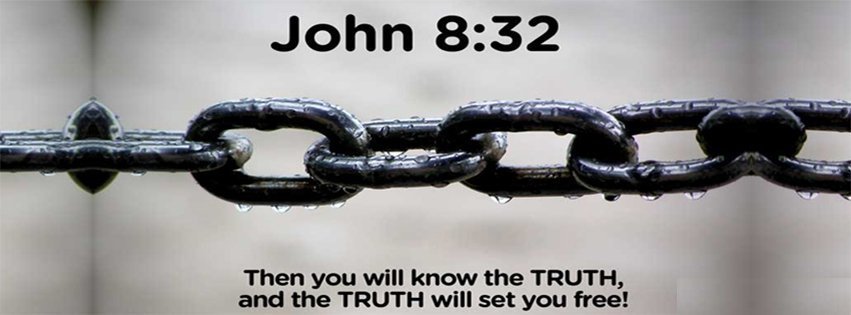Recently a group of very influential pastors from across the country came together and published the Nashville Statement which appears to condemn all same sex relationships. In response another group of very influential pastors have come together and published the Denver Statement which appears to affirm all same sex relationships. There will be a lot of folks who won’t speak out against the Nashville Statement because they’re afraid it will be seen as an affirmation of all same sex relationships and at the same time there will be people who won’t speak out in support of the Denver Statement for the same reason. The majority of people that I talk to about this issue don’t support or condemn all same sex relationships, but they’re stuck somewhere in the middle and usually looked at skeptically by both sides. We desperately need a Witchita Statement or even better a Witchita Conference where men and women from both sides come together. Que the Seven Nation Army clip, “I’m going to Witchita, far from this opera forever more!” Maybe it could be the conferences theme song. The rest of this post will be an attempt to briefly explain why I do not condemn all same sex relationships and why I do not affirm all same sex relationships.
There are many problems with the Nashville Statement but the reason I do not condemn all same sex relationships is directly related to the mistakes made in ARTICLE I. Sex and Parenting ARE joyful parts of a marriage, they ARE NOT essential to the purpose of marriage. It is incredibly dangerous and harmful to attribute aspects of a marriage relationship that millions of men and women cannot experience to its purpose. This is why I believe that men and women can experience physical and psychological conditions that would allow for a same sex marriage that aligns with God’s purposes. One example of this would be illustrated by a young person I met at camp this summer who was born with both male and female genitalia and they told me that their parents chose their gender at birth and they would never be able to have children. I believe this person could marry a man or a woman and that marriage could be blessed by God because gender, sex, and parenting are not essential. God’s ultimate purpose for marriage is to reflect the gospel and reveal to us the mystery that is the union of Christ and His Church. This is just one example and I believe there are many other conditions that would result in a same sex marriage that God would bless.
The reason I don’t affirm all same sex relationships is also the reason why I could not support the Denver Statement. ARTICLE IV states, “WE AFFIRM that the glorious variety of gender and sexual expression is a reflection of God’s original creation design and are aspects of human flourishing.WE DENY that such variations are a result of the Fall or are a tragedy to be overcome.” I do not believe that all gender and sexual expressions reflect God’s original design. I speak to far too many young men and women who are suffering from gender dysphoria as a result of sexual abuse to affirm the variety of their sexual expressions. God did not want the abuse to take place and God does not want the victims to struggle with the inevitable sexual confusion. These and many more are sexual expressions that have resulted from the fall. Some results of the fall have resulted in men and women not having the ability to experience the joy of sex and parenting and all of these conditions are tragedies that often require a tremendous amount of love, time, and prayer to overcome.
The reason I believe both sides in this debate have missed the mark is because of the methods they are using to interpret scripture. There are many passages of scripture where it was not the author’s intent for the passage to be taken at face value AND there are many passages of scripture where it was the author’s intent for the passage to be taken at face value, but the author’s intent is not the key to the passages interpretation. The key to the passages interpretation is found in the ways it sheds light or points to God’s nature as revealed in the perfect self-sacrificing love revealed in Christ. The men and women involved in drafting the Nashville Statement have relied too heavily on authorial intent and the folks involved in drafting the Denver Statement have made the mistake of over correcting. Creating rules for faith and practice in response to corruption often results in an over correction (Many are preparing to celebrate the 500th anniversary of the greatest over correction in the history of the church!) It is my greatest desire that this post will help humanize this debate. There are many theological discussions that don’t have a strong and direct effect on the emotional well-being of men and women in the church, but this is not one of them. The men and women within the LGBTQ community deserve better. They do not deserve to be cannon fonder in yet another conservative versus liberal ecclesiastic war.






